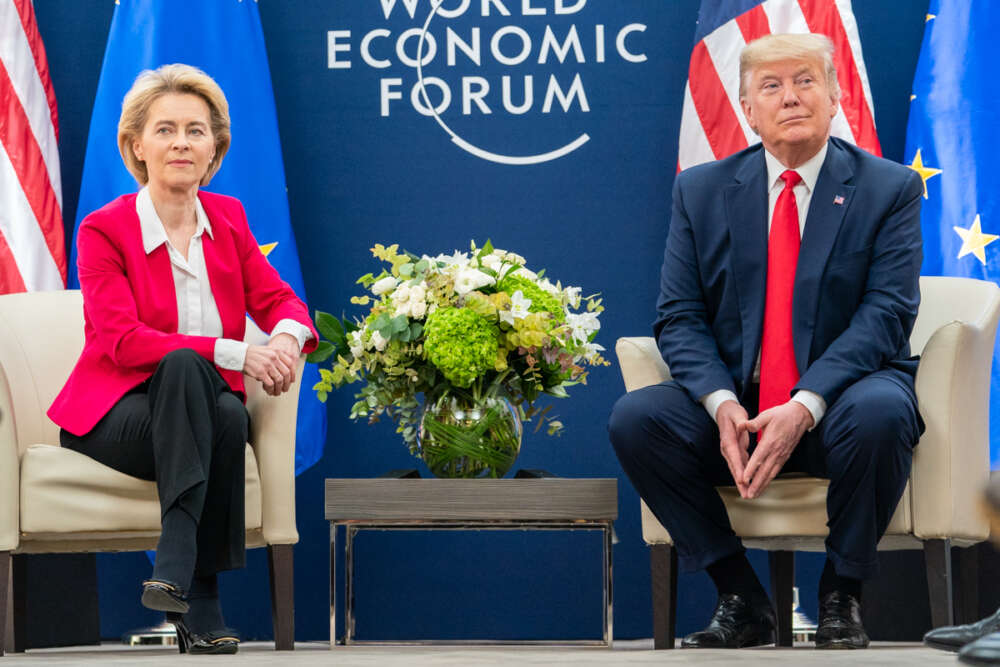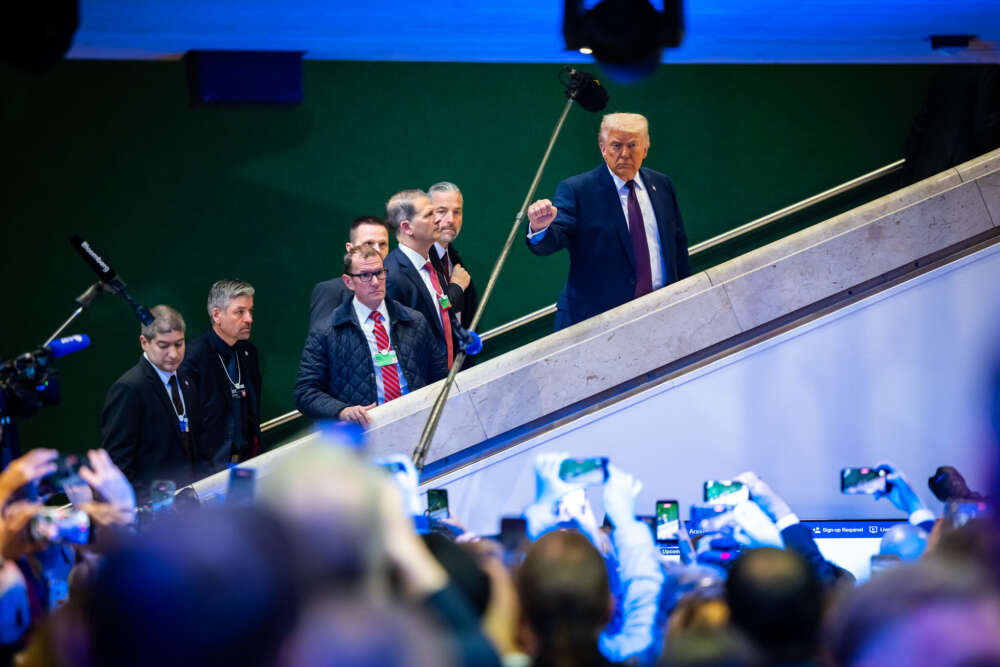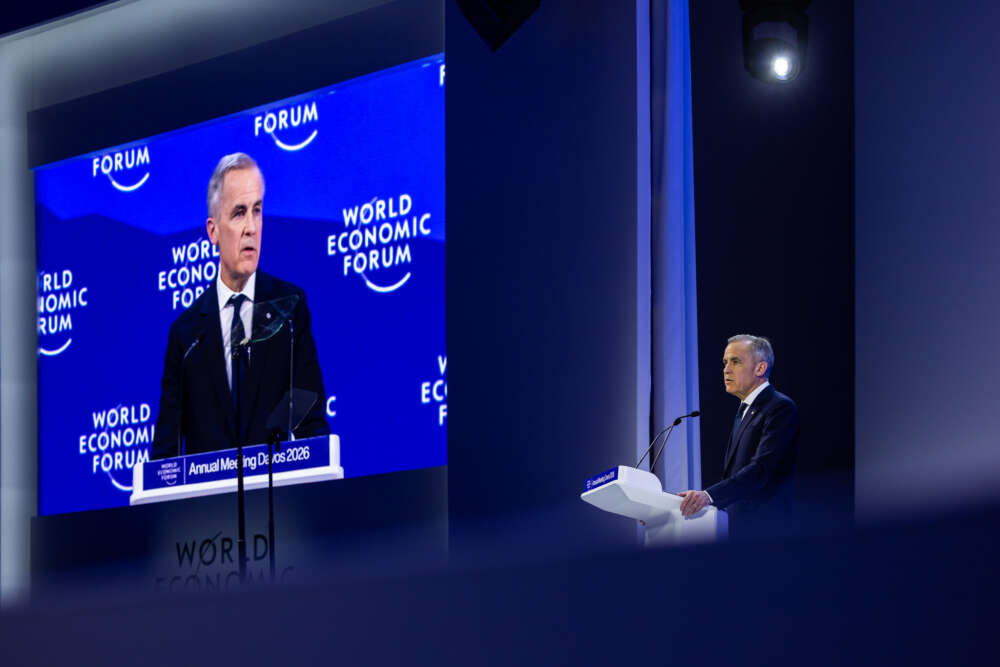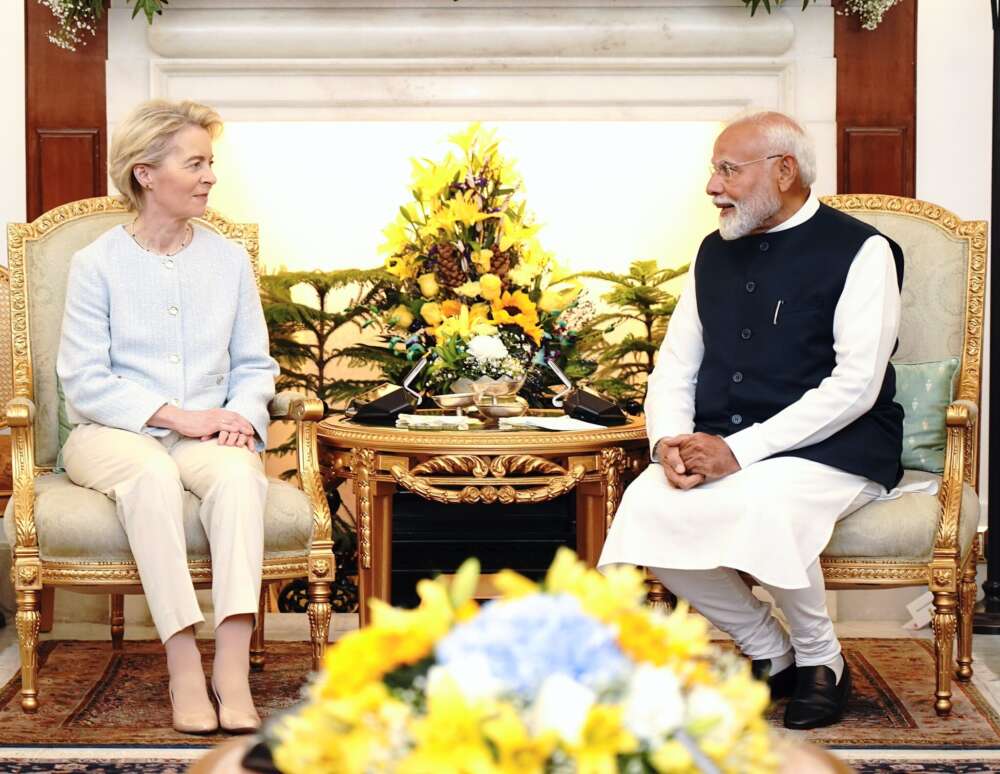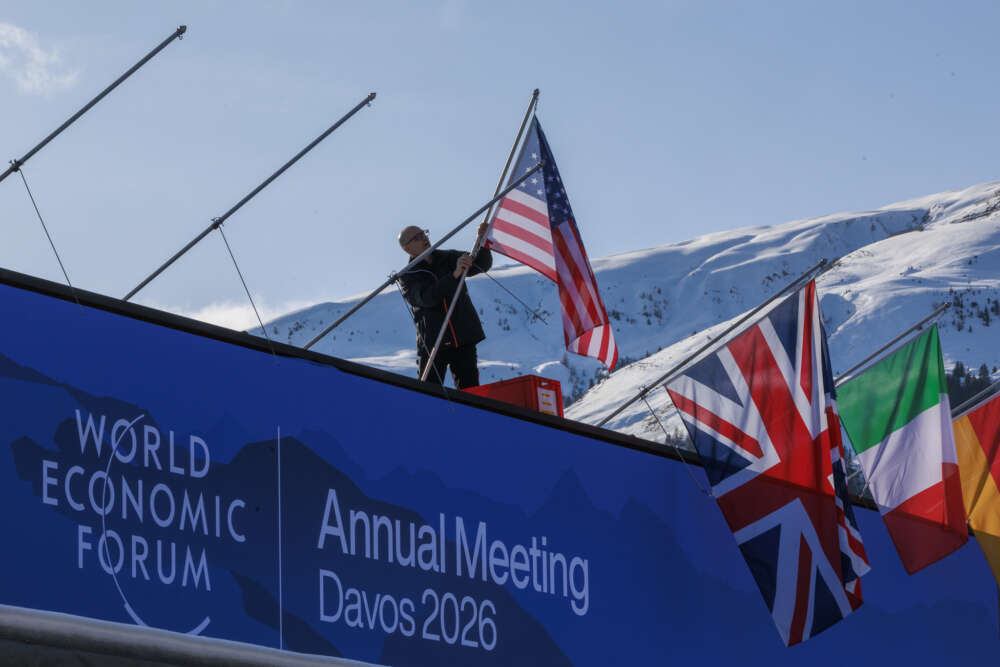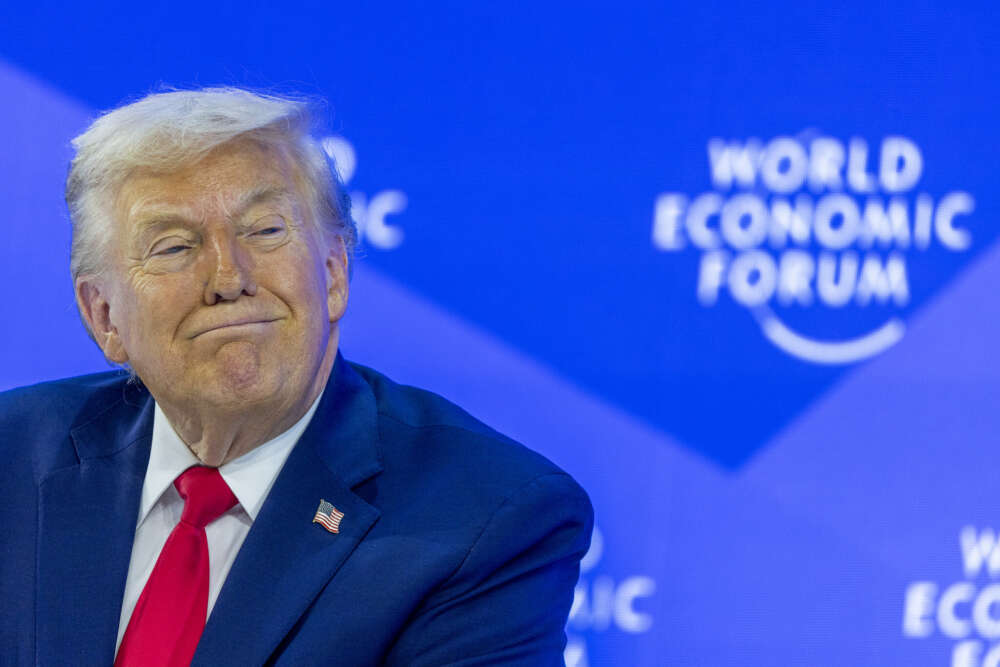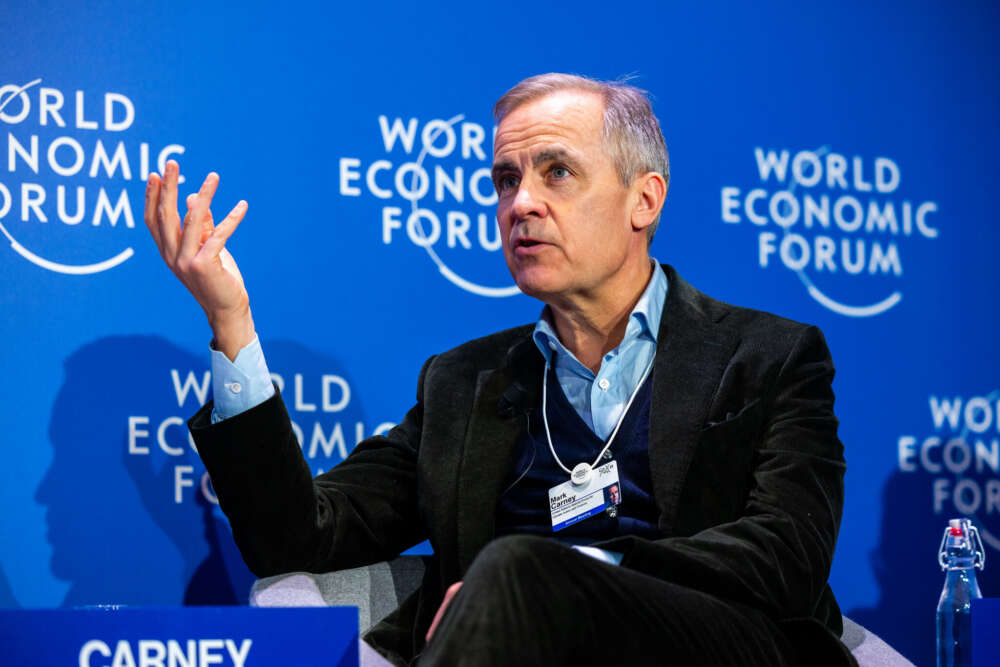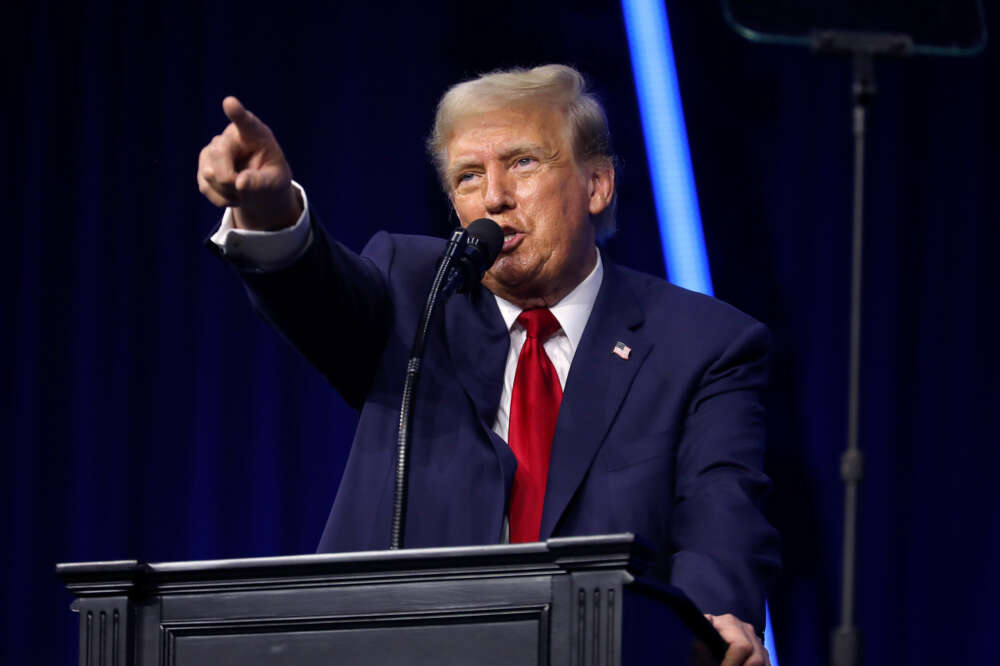Trump's Trade Wars: How Much They Threaten Germany and Europe and How We Can Protect Ourselves
While Europe’s largest economy focuses on internal political trench warfare, US President Donald Trump has launched a major trade war against allies over the weekend. He imposed a 25% tariff on all imports from Canada and Mexico (which he paused for a month after conversations with the leaders of Canada and Mexico).
On Monday, Trump announced that similar tariffs against the EU would “definitely” be implemented. He described the EU’s behaviour as an “atrocity.” According to Trump, the EU has taken advantage of the US with a trade surplus of over $300 billion. The fact that this surplus is significantly lower when services are included will hardly impress him. It is now clear: in terms of trade policy, Trump is confirming the worst fears because he is acting much more decisively than in his first term. The situation is serious and at the highest level of danger. Europe’s prosperity is at stake. Germany in particular, which is already economically strained, has much to lose: the US is our largest trading partner outside of Europe, and Germany has a trade surplus of €67 billion.
The brutality and lawlessness of Trump’s actions against Canada and Mexico should alarm us. Trump himself negotiated the current free trade agreement with both countries during his first term. Now he is hitting them with tariffs. He cites the uncontrolled border, through which migrants and the drug fentanyl enter the US, as the reason.
In Canada’s case, this is clearly just a pretext: less than 1% of migrants and fentanyl enter the US via Canada. Trump needs this excuse to invoke an emergency statute to impose tariffs —similar to how his predecessor George W. Bush used alleged weapons of mass destruction as a pretext to launch a war against Iraq. Moreover, trade between the US and Canada is balanced when oil is excluded, which the US willingly imports from Canada due to price advantages. The true reasons for the tariffs against America’s closest ally, Canada, seem to be different.
Trump wants to use the tariffs to fill state coffers because the extremely high-budget deficits threaten his tax cut plans for the wealthy. Additionally, he intends to redirect industrial investments to the US. Ultimately, he aims to politically subjugate Canada through economic strangulation. Over the weekend, Trump reiterated his desire to make Canada the 51st US state. Canadian researcher Roland Paris described Trump’s actions as those of a “hostile power.” He sees a turning point. Paris is not exaggerating. Instead of being the leading power of the West, the US under Trump is engaging in predatory hegemony. Trump’s claims to the Panama Canal and Greenland fit this picture.
This should fundamentally shake Europe’s assumptions about its relationship with the US and wake up Germany’s election campaigners. Some have been lulled into complacency just because Trump did not immediately withdraw from NATO or hand Ukraine over to Putin within the first 10 days. Instead, alarm bells should be ringing. Germany must prepare for a trade war with Trump and learn from Canada’s determined response. Simply fantasizing about a free trade agreement with the US, as CDU leader Merz does, will be far from sufficient as a reaction. While such an agreement would be desirable, it is currently pure wishful thinking. And as the cases of Canada and Mexico show, even a free trade agreement does not protect against Trump’s overreach.
What Can Be Done?
First, maximum EU unity. The good news is that Trump will find it harder to divide Europe on trade issues because these fall under the exclusive competence of the EU, with the European Commission in the lead. Unlike with sanctions against Russia, unanimity is not required. Germany has a key role to play in ensuring maximum unity. We should take inspiration from Canada, where the liberal government and conservative opposition are united in their approach. German candidates for chancellor Scholz, Merz, and Habeck should present a united front and support the European Commission’s determined response to Trump’s threats: “the EU would respond firmly to any trading partner that unfairly or arbitrarily imposes tariffs on EU goods.”
Second, Europe should continue negotiating with Trump —avoiding illusions— to avert a trade war through a deal —perhaps by increasing purchases of US weapons or LNG or by taking joint action against China’s unfair trade practices. Brussels should make it clear to the Trump administration that a trade war against the EU would only strengthen pro-Beijing forces within Europe. Spain’s government, for instance, has already hinted at closer cooperation with Xi Jinping as a response to Trump.
Third, Germany and Europe should muster a robust response inspired by Canada (and Mexico). Canada’s Prime Minister Justin Trudeau has announced counter-tariffs of 25% on over $100 billion worth of US goods. Additionally, he has hinted at restrictions on the export of critical raw materials and oil essential for US production. This sends a clear message: “You are hurting us, but we can hurt you too — in ways that increase inflation and negatively impact pro-Trump states.” Canada is willing to bear significant costs to push Trump to roll back his tariffs. After all, Trump has promised low inflation and a booming economy. Therefore, he may be vulnerable to increasing inflation. That Trump agreed to a 30 day freeze on the tariffs after Mexican president Sheinbaum and Trudeau both vowed to implement counter-tariffs may be a sign that some in Trump’s orbit have understood this.
The EU Commission has already prepared a list of goods for counter-tariffs that would hit the US economy, particularly in Trump-friendly states. Sticking to this response if Trump escalates further and even issues security threats will be challenging for Germany and Europe. The economic strain of a tariff war on Germany and all other EU economies will be enormous. This highlights the vulnerability of Germany’s export-driven economy, which suffers from weak domestic demand. That makes it all the more important for centrist parties to agree on a comprehensive package to boost the economy —combining necessary deregulation with public investments, such as in infrastructure.
Additionally, we should now accelerate efforts to deepen trade relations with Latin America, Asia, and Africa to open up alternative markets. Europe should, in particular, swiftly ratify the EU-Mercosur agreement.
Trump’s trade wars against allies underscore the end of the US as a reliable protector and the need for Europe to take responsibility for its own security. Another reason to finally place foreign and security policy realities at the heart of Germany’s election campaign.
This commentary was originally published by Agenda Pública on February 4, 2025.
